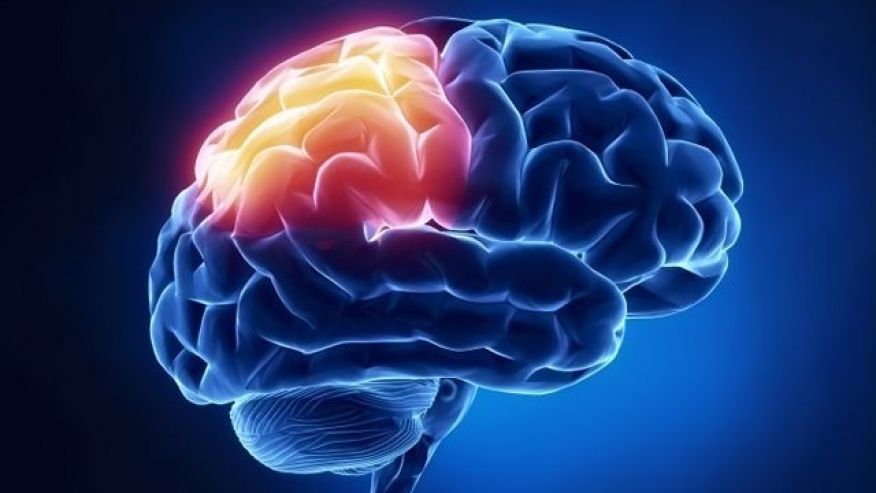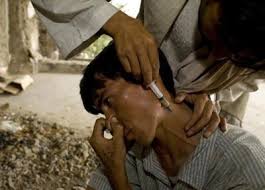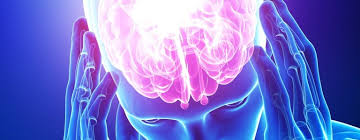Hypothalamus brain area and drug addiction

Hypothalamus brain area and drug addiction has nothing in common and must be avoided at all cost
Hypothalamus brain area and drug addiction: Stress management
Of the components of the brain, the hypothalamus brain area often bears the greater risk of attack by substance abuse. This is the part responsible for several functions including body temperature regulations, hunger, thirst, and sleep. Besides these functions, the hypothalamus also helps in the interpretation of how we respond to stress. According to the experts at AWAREmed Health and Wellness Resource Center under doctor Dalal Akoury MD President and founder of AWAREmed health and wellness resource center, it is almost impossible to talk about addiction without the mention of stress. Stress regulation is relevant to our understanding of addiction. And that is why we want to explore further into details the effects of addiction on the hypothalamus brain area alongside the regulation of stress and withdrawal.
When one is stressed up, the hypothalamus releases chemicals known as hormones which allow’ the brain and the body to respond to that stress. Unlike neurotransmitters (which are chemicals limited to the brain) hormones travel throughout the body via the blood system. It, therefore, means that hormones can exert an effect on other body systems as well. When these chemical hormones operate in the brain, we refer to them as neuromodulators. These hormones (neuromodulators) can act just like neurotransmitters in the brain. Like neurotransmitters, they have their own receptors associated with them.
Hypothalamus brain area and drug addiction: Stress the relapse trigger
It will interest you to note that stress is a relapse trigger to all users of drugs. It’s capable of prompting powerful cravings in addicted persons. I can, therefore, say with certainty that majority of us in one way or another have come across someone struggling with an addiction and tried quitting but ultimately relapsed when they became stressed out. Doctor Akoury says that under normal circumstances, at the beginning periods of recovery withdrawal symptoms often create stress and the vicious cycle continues. It is however very important to appreciate that stress will always prompt the addictive use, while efforts to discontinue use prompt stress.
During withdrawal, these stress hormones are elevated. Even though stress levels are high, the brain’s anti-stress neuromodulators appear to decrease, as do dopamine and serotonin in the nucleus accumbens. This suggests that withdrawal affected the reward system (evidenced by decreasing dopamine and serotonin). At the same time, withdrawal activates the stress and anxiety systems. This “1-2 punch” heightens the negative experience of withdrawal. This prompts people to seek relief via the addictive substance or activity (i.e., relapse).
In summary, the neurotransmitter pathways associated with the amygdala and the hypothalamus play a crucial role in sustaining the addiction process and this occurs through:
- The negative emotional memory that is associated with drug withdrawal
- The positive emotional memory that is associated with drug cues
- The disruption that occurs to stress regulation
- The pleasurable relief from withdrawal symptoms that occurs by resuming drug use or addictive activities
Finally, your good health depends heavily on how healthy your brain is. And that is why we recommend that from time to time, you should seek professional advice from experts so that corrective measures can be taken. Remember that this is in line with doctor Akoury’s profession and calling her now should be your starting point.
Hypothalamus brain area and drug addiction: Stress management
http://www.I-AM-I.com/wp-admin






